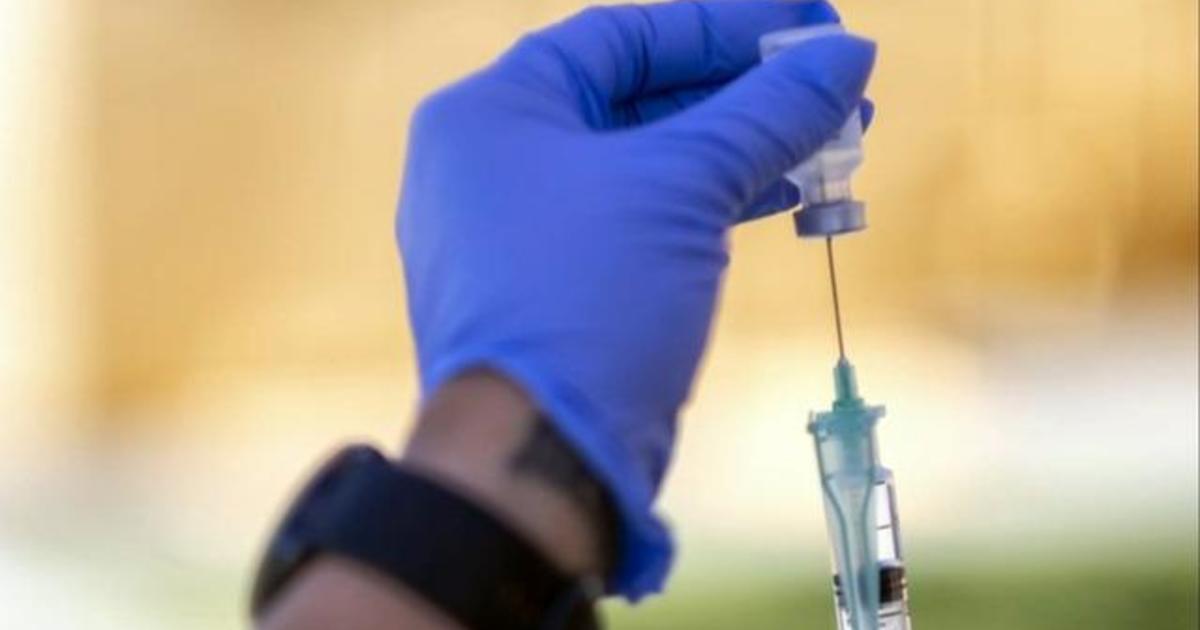A study Scientists at Oxford University have found that people who contract delta variable from COVID-19 After complete vaccination, they carried a similar amount of coronavirus to those who contracted the disease and were not vaccinated. The researchers pointed out that vaccination still provides good protection against infection and Protects against serious diseases with her.
However, the survey of real-world data in the UK indicates that people who have been vaccinated “discovery” infection It can still pose a significant risk to those who suffer He is not vaccinated.
The study, which has not yet been evaluated by colleagues, concluded that “infections that occur after the two vaccinations had a maximum viral load similar to that of unvaccinated people.” Viral “pregnancy” or viral load refers to the amount that coronavirus-infected people carry and then “throws” or releases into the environment, where it can infect others.
The survey compared data from the British government on more than 380,000 people who tested positive for coronavirus in December-May this year, when the first alpha variant discovered was responsible for most cases in the UK, with figures for more than 350,000. infected people. The next four months when Delta was dominant.
The principal investigator at Oxford, Dr. Sarah Walker, said: telegraph That study shows two doses of Pfizer / BioNTech vaccines, Moderna or AstraZeneca “You are still a protector. You’re even less likely to get infected – but if you do, you’ll have similar levels of the virus as someone who’s never been vaccinated. “
The data used in the study do not show how likely a person is completely vaccinated with the delta variant to transmit the infection to another person, compared to another person. unprotected person for the virus. But the high viral loads found in the study are a strong indication that the risks of transmission from both immunized and unvaccinated people with the delta variant could be similar.
The findings could have implications for policymakers who have had to deal with banks for months in the hope that, by vaccinating a large proportion of any population, they would also protect people who could not or would not -would vaccinate alone by reducing transmission in general.
“It simply came to our notice then [fully vaccinated people] They may have high levels of the virus, suggesting that people who have not yet been vaccinated may not be as protected from the delta variant as we had hoped. ” herd immunityThe hope is that the unvaccinated will be protected if we can vaccinate enough people. But I suspect that higher levels of the virus in people who have been vaccinated are consistent with the fact that unvaccinated people are still at high risk. ”
The message from Walker and his Oxford team was clear: vaccination remains the best way to prevent the infection and certainly against it. Serious illness or hospitalization With COVID-19, including the delta variant.
None of the coronavirus vaccines approved for use in the United States or the United Kingdom have yet eliminated the risk of infection, but all reduce the risk by 70% and 90% – and have proven to be most effective in preventing hospitalizations and deaths.
“There are a lot of reasons why vaccines are so good at reducing the consequences of getting the virus,” Walker said. telegraph. “You may have an even milder infection and you may not get to the hospital.”
She said that while the results of the ongoing vaccine efficacy study are important, “they are not everything and it is really important to remember that vaccines are very effective in preventing hospitalization.”
–


